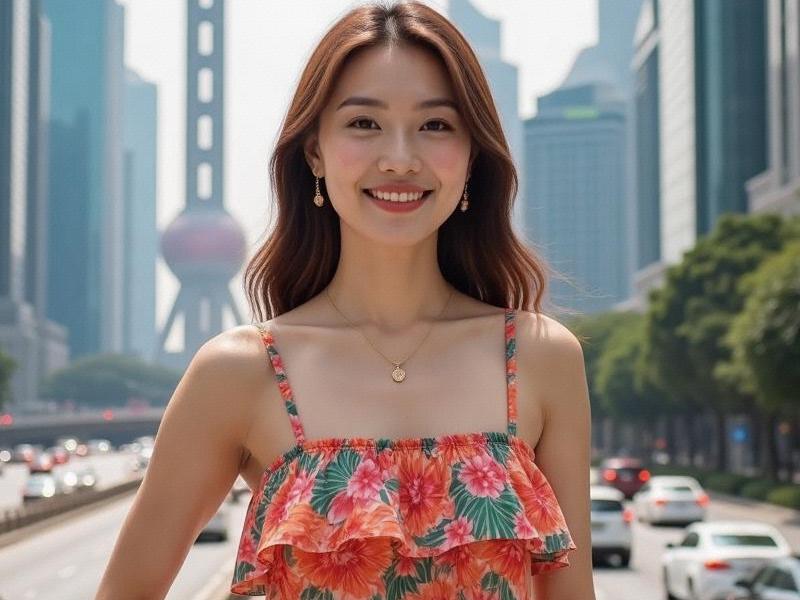
I. Historical Foundations of Shanghai Beauty
1. The "Modern Girl" Legacy (1920s-1940s):
- Calendar girl illustrations
- Qipao fashion revolution
- Western cosmetics adoption
2. Socialist Era Transformations (1950s-1970s):
• Austerity beauty standards
• "Iron girl" archetypes
• Minimalist grooming
II. Contemporary Beauty Ecosystem
1. Industry Infrastructure:
- 3,200+ beauty clinics
- ¥48 billion cosmetics market
- Plastic surgery tourism
上海私人品茶 2. Cultural Production:
• Reality TV beauty pageants
• Douyin/KOL beauty tutorials
• Luxury brand collaborations
III. Socioeconomic Dimensions
1. Beauty as Capital:
- Marriage market advantages
- Workplace discrimination cases
- "Face value" salary premiums
2. Class Signifiers:
• French Concession chic
• Pudong nouveau riche style
• Student frugal beauty hacks
IV. Technological Disruption
上海品茶网 1. Digital Beauty:
- AI-powered skin analysis
- Virtual try-on technologies
- Deepfake beauty filters
2. Platform Economies:
• Live-streaming cosmetics sales
• KOL beauty schools
• Algorithm-driven trends
V. Global-Local Tensions
1. Western Influences:
- Eurocentric beauty ideals
- Korean beauty trends
- Japanese kawaii culture
上海龙凤阿拉后花园 2. Cultural Resistance:
• Hanfu movement revivals
• Traditional medicine aesthetics
• Nationalist beauty campaigns
VI. Future Trajectories
1. Emerging Trends:
- Gender-neutral beauty
- Sustainable cosmetics
- Post-pandemic minimalism
2. Demographic Shifts:
• Aging population adaptations
• Migartnworker beauty cultures
• Second-generation returnee influences
Shanghai's beauty standards don't merely reflect changing aesthetic preferences - they reveal the city's ongoing negotiation between tradition and modernity, local identity and global aspirations. The "Shanghai beauty" has become both mirror and prism: reflecting social realities while refracting them through the city's unique urban lens.
